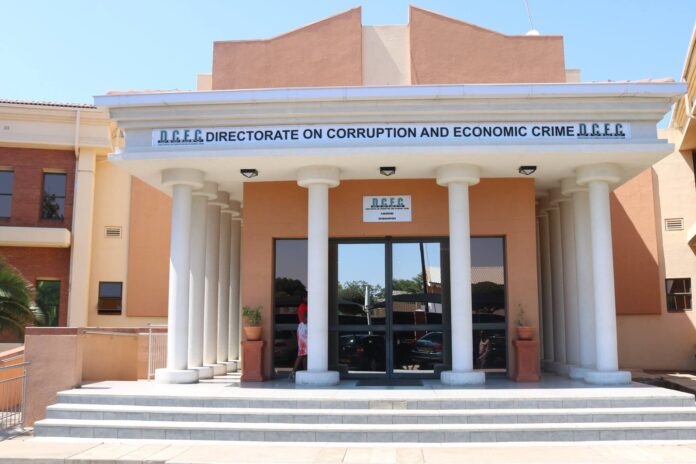The Government has reaffirmed its commitment to fighting corruption through a series of integrated measures aimed at enhancing transparency and accountability across all Ministries, Departments, and Agencies (MDAs).
Responding to a question from Kgosi Kachana of the North East region the Minister for State President Moeti Mohwasa outlined efforts being made to strengthen institutional integrity and tackle systemic corruption.
Kachana had asked the Minister to apprise the House on what measures the Government was taking to ensure transparency and accountability in the public sector, particularly in combating corruption.
In his response, the Minister said the Directorate on Corruption and Economic Crime (DCEC) remains the primary agency mandated to assess and mitigate corruption risks across government entities. Under the Corruption and Economic Crime Act, the DCEC has been tasked with examining organisational processes, policies, and procedures within MDAs to identify areas vulnerable to corruption.
Among the key anti-corruption tools highlighted were Anti-Corruption Units (ACUs), which are established within individual MDAs to monitor daily transactions in sensitive areas such as contract management, procurement, licensing, and financial oversight. These units also conduct preliminary inquiries and transaction monitoring to flag potential corruption.
Corruption Prevention Committees (CPCs), active at both central and district levels, serve as the first line of defence by identifying corruption risks and implementing preventative interventions. The DCEC regularly trains committee members to assess risks and maintain corruption risk registers.
The DCEC also conducts targeted corruption audits. However, the Minister acknowledged that these are limited by human and financial resources. As a result, audits are prioritised for high-risk sectors, including procurement, land allocation, licensing, and human resource management.
The Minister further revealed that the Government has launched a nationwide forensic audit aimed at strengthening oversight and detecting fraud and maladministration, particularly within the last decade.
This is a 10-month project, expected to conclude in January 2026, and is being carried out by a Steering Committee and a Technical Committee composed of experts in governance, finance, and regulatory compliance.
The forensic audit will identify and assess corruption and fraud risks across government and state-owned enterprises, develop a risk-based audit plan, monitor corruption risks using data-driven tools, and map the mandates and financial performance of state-owned enterprises.
“These efforts are part of our broader strategy to restore public trust, improve governance, and ensure that corruption is not allowed to fester in any arm of Government,” the Minister added.



